
"Y", a friend of "E" sent me this story. A story of a rally turn love affair with the desert.
It all started with… It all started with phone call from my brother in law, asking if I wanted to go to the Libya Desert Challenge. The rally is mostly made up of people from Belgium, Holland, and Germany, under the umbrella of the Paris-Dakar Rally. So my answer was “Yes, of course.”
A few weeks later, we walked out of Sebha airport, greeted by plenty of people holding up signs. We found our guides, who grabbed our bags and loaded them in the vehicles. In a few minutes, we were off to what was supposed to be a short trip to the camp…

Around two hours and plenty of check points later, we stopped and asked how much longer we had. We were told: “About 2 more hours”. Ok cool, no biggie. A few hours later, we were getting rather antsy and we were told “Another hour or so”.
We were tired at that point, but still in a good mood and flying down the road.
Eventually what was supposed to be an hour long ride became an eight-hour road trip through the Sahara, ending up near a city called Ghat, along the Algerian-Libyan border. We were trying to find where to branch off the road to go to the camp but at 3:30 am with no street lights or signs, it can be quite difficult.
Next thing I know we start looking for tire tracks. And when we found some, we started counting how tracks, if they were new or not… We finally found some that looked like “a lot of cars” and “recent” and turned off the road, into the Sahara.
The tire tracks were hard to see with only our headlights, and we weren’t going slow. Even though we had a GPS and a satellite phone, I was still a little nervous about getting lost, in the middle of no-where. As we were flying through the desert we saw a bright spot light from the right. We turned around and drove towards it, but it turned out to be several police vehicles. They asked what we were doing and we told them we were looking for the camp. They pointed us in the right direction and we were on our way.

As we drove into the camp, our high was quickly followed by a low, as we realized everyone was dead asleep. It was near zero degrees and we had no tents. Stumbling through the camp revealed no spare shelters, so we threw down a large mat, laid down with a blanket and tried to sleep. The cold was unbearable and if the blanket came up it felt like someone stabbed you with a frozen knife.
The sky was a reward for putting up with the cold though. Since it was around 4:30 am, the Milky Way spread across the desert sky, truly a sight you don’t want to close your eyes for.
After a while, I gave in and dozed off for just a few hours. But since right before sunrise the temperature drops and the cold rises from the sand, it woke us all up. This cold is the worst I have ever experienced. I never imagined this in the Sahara!
The next morning.
We walked around the area to see the sights and meet some of the competitors. We found them all rather dry and boring, so we befriended all the guides, workers and police. They were a funny bunch and never asked too many questions. We found some guys making coffee and tea and we had breakfast with them.
One of the bunch was a famous photographer who invited us to join him to a place most Libyans don’t even know about: an area called Mughadat. As he described it, it resembled a picture from Mars, so we jumped in the Land Cruisers and took off.
At first we saw the typical images you think of when you hear about the Sahara: huge sand dunes. The dunes raise and fall with the softest sand I have ever touched. Someone described it as 'powdered gold'. When we reached Mughadat, the scenery was baffling. When we switched off the engines, the silence was every bit as deafening as absolute silence can be. It was a humbling experience to actually feel the Earth’s age. Some things you just take for granted but here you could actually feel the respect the Earth commands much like you feel when meeting an elderly hero.

The sand dunes went in and out of the rocks resembling a stone forest. Some rocks looked like statues, or homes, graves, others were like walls or trees. No one really knew the history. My guess is that the area was below water at some point with the rocks stacking one upon one another.
We made camp and rested. One of the Tuareg, native of the region, made a fire and the work began. They all started making some tuna sandwiches and preparing macaroni.

After we ate, they made green tea on the fire. They pour it from one tea pot into another creating a lot of foam. The foam is then poured in a tea glass. This traditional way of making tea is still done throughout much of North Africa. While the green tea ritual was taking place, everyone sat around the fire telling jokes and stories. After a while, we retreated to a shaded area and napped for half an hour. Before we left, we burned our trash not to leave a mark and buried our fire. All the area’s inhabitants take a lot of pride in not trashing the desert.

Our next stop was a huge sand dune. While still debating if we could make it to the top, pushing the gas pedal all the way down, we climbed up a fair distance until the little engines could go no further. We stopped and got out to play in the world’s largest sand hill. A few rolled down the sand, a few raced up and a few just stood with their jaws open. I went as far as my engine would take me and looked down. I have no idea how high we were but it looked no less than 20 stories. We jumped back in the vehicles to head home so we wanted to beat the sunset. No one wanted to be stuck away from camp after sunset.
We finally made it back and this time, we had tents, cots and blankets waiting. They started a camp fire and we all sat around. The green tea came out again and some food was being

prepared as well. As the Tuareg was preparing the tea, others began a singing circle while everyone was clapping along, forming a basic drum beat. The songs were old, and usually about love. I actually understood the words, and could engage in most of the conversations until they started a Tuareg poetry slam which was so funny. This is an old ritual using poetry to slam each other. One example is that two of them drove different vehicles, one a Land Cruiser and the other a Land Rover. They would then go back and forth through poetry to talk trash about the other and their vehicle. While this is being done, the last word of each line would be repeated or shouted by everyone around the camp fire. A few would also scream to encourage the person speaking. Surreal…
We finally dozed off in our tents. Mine was - not surprisingly - one foot shy of my height. We ended up freezing again as the temperature dropped to -4 degrees Celsius, but I lived.
Epilogue:
The next day, we had coffee and sandwiches, and jumped in the Land Cruiser to head back to the airport. For eight hours, we just stared into the Sahara as though it was some incredible epic movie that you had to finish.
After we cleared the last town, we drove past this one guy. He was walking alongside the road, in the middle of no-where. A small speck in the background of the yellow void. He wore a typical Tuareg outfit, carrying a woven basket on his back, and a walking stick in his hand. When we passed him he neither waved, tried to ride with us or even look at us for that matter. It looked like, for him, we were from another world. And he was alien to us.
Alien to us, but part of the desert which we savoured for just a few days, stripping us of our garbage, to our bare bone essentials: a human like all other humans.

With thanks to "Y" for the story and pictures. Thank you, "E" for the editing.
Read the full post...



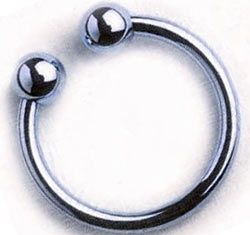

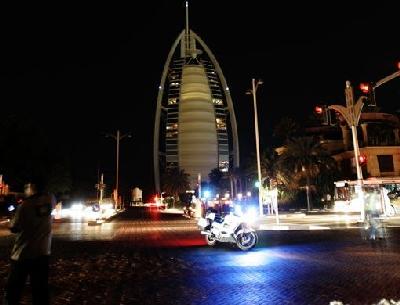



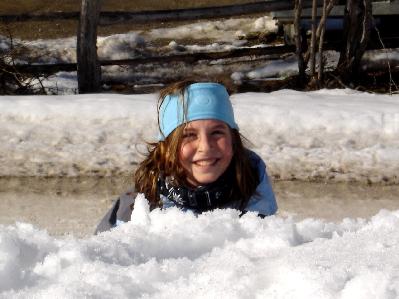

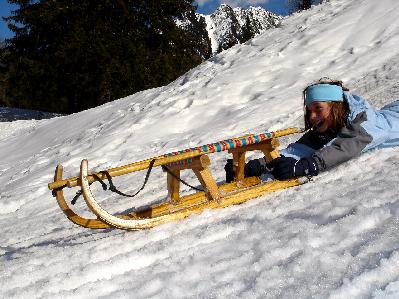

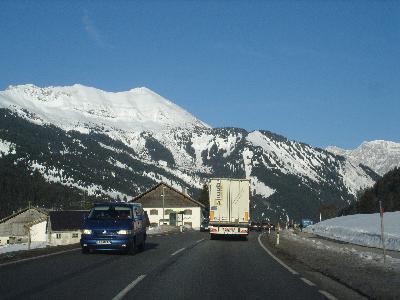



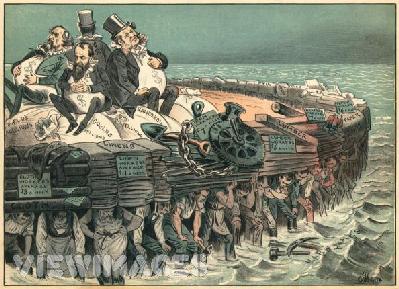
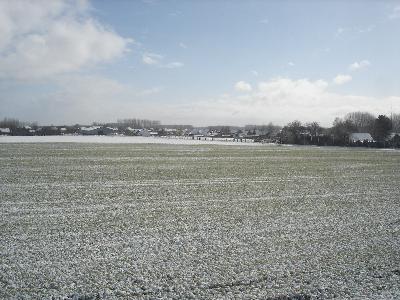

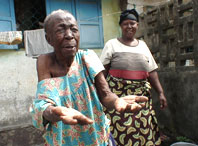


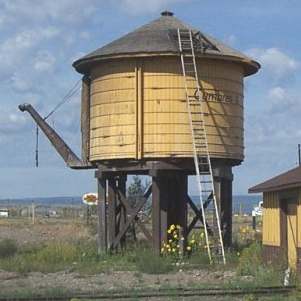

















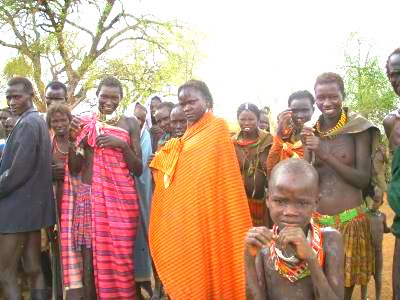
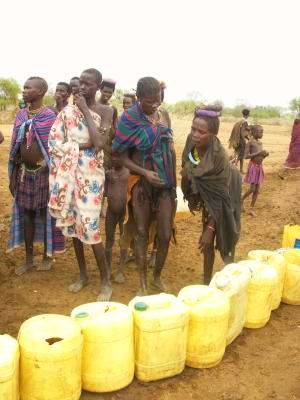


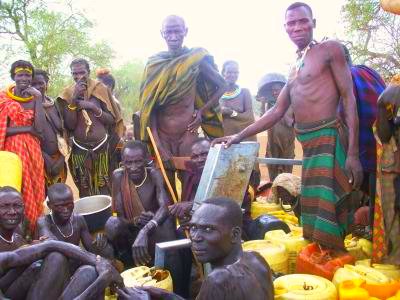
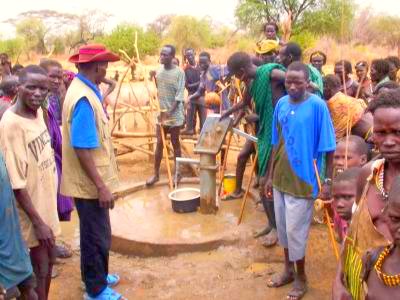


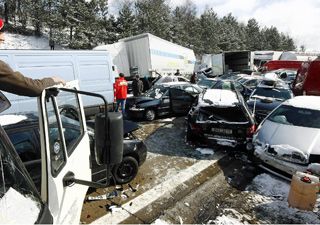
 Peter. Flemish, European, aid worker, expeditioner, sailor, traveller, husband, father, friend, nutcase. Not necessarily in that order.
Peter. Flemish, European, aid worker, expeditioner, sailor, traveller, husband, father, friend, nutcase. Not necessarily in that order.
The Road's Dashboard
Log in
New
Edit
Customize
Dashboard